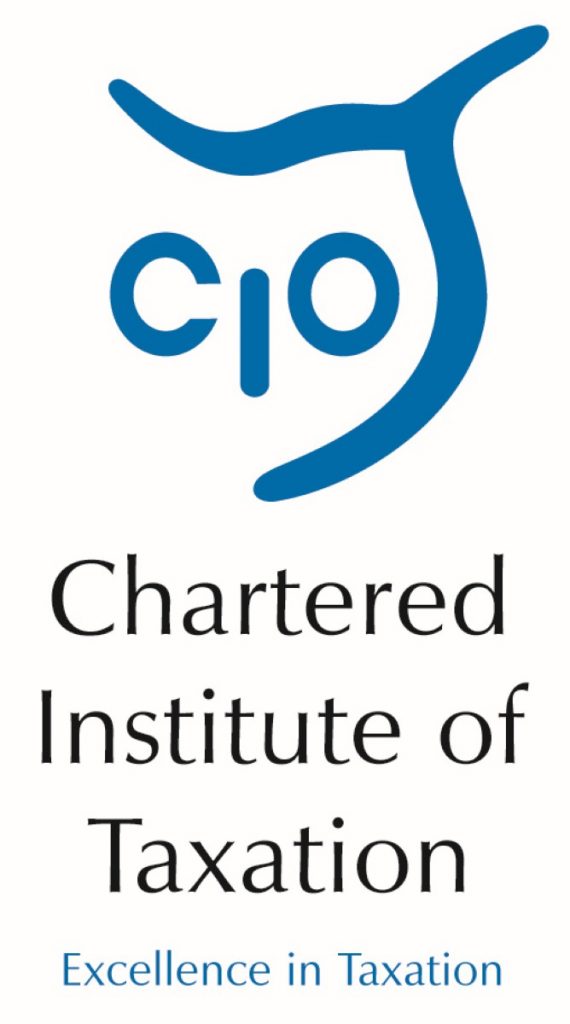Commenting on the Scottish Government’s response to the report of the Barclay Review of Business Rates, Moira Kelly, chair of the CIOT Scotland Technical Committee, said:
“Last week, the first minister said that the Scottish Government would act “quickly” to take forward the recommendations of the Barclay Review. It is therefore encouraging that the finance secretary has not only committed to taking forward the vast majority of Ken Barclay’s recommendations, but to do so in a manner that appears at first glance to recognise the need for a holistic approach to rates reform.
“The immediate priorities of moving towards more frequent property valuations and delaying rate increases for new, refurbished or expanded properties represent pragmatic and sensible options for ironing out some of the disadvantages inherent in the present system.
“These can provide ratepayers with tangible examples of reform within the boundaries of a system that will remain broadly similar.
“As it takes forward the wider recommendations of the review group, the Scottish Government must ensure that ratepayers and stakeholders understand how these changes will impact them and commit to helping them navigate the inevitable period of transition that will follow.”
ENDS
Notes for editors
1. The Chartered Institute of Taxation (CIOT)
The CIOT is the leading professional body in the United Kingdom concerned solely with taxation. The CIOT is an educational charity, promoting education and study of the administration and practice of taxation. One of our key aims is to work for a better, more efficient, tax system for all affected by it – taxpayers, their advisers and the authorities. The CIOT’s work covers all aspects of taxation, including direct and indirect taxes and duties. Through our Low Incomes Tax Reform Group (LITRG), the CIOT has a particular focus on improving the tax system, including tax credits and benefits, for the unrepresented taxpayer.
The CIOT draws on our members’ experience in private practice, commerce and industry, government and academia to improve tax administration and propose and explain how tax policy objectives can most effectively be achieved. We also link to, and draw on, similar leading professional tax bodies in other countries. The CIOT’s comments and recommendations on tax issues are made in line with our charitable objectives: we are politically neutral in our work.
The CIOT’s 18,000 members have the practising title of ‘Chartered Tax Adviser’ and the designatory letters ‘CTA’, to represent the leading tax qualification.
Contact: Chris Young, External Relations Officer, 07900 241 584; cyoung@ciot.org.uk





-01.png)